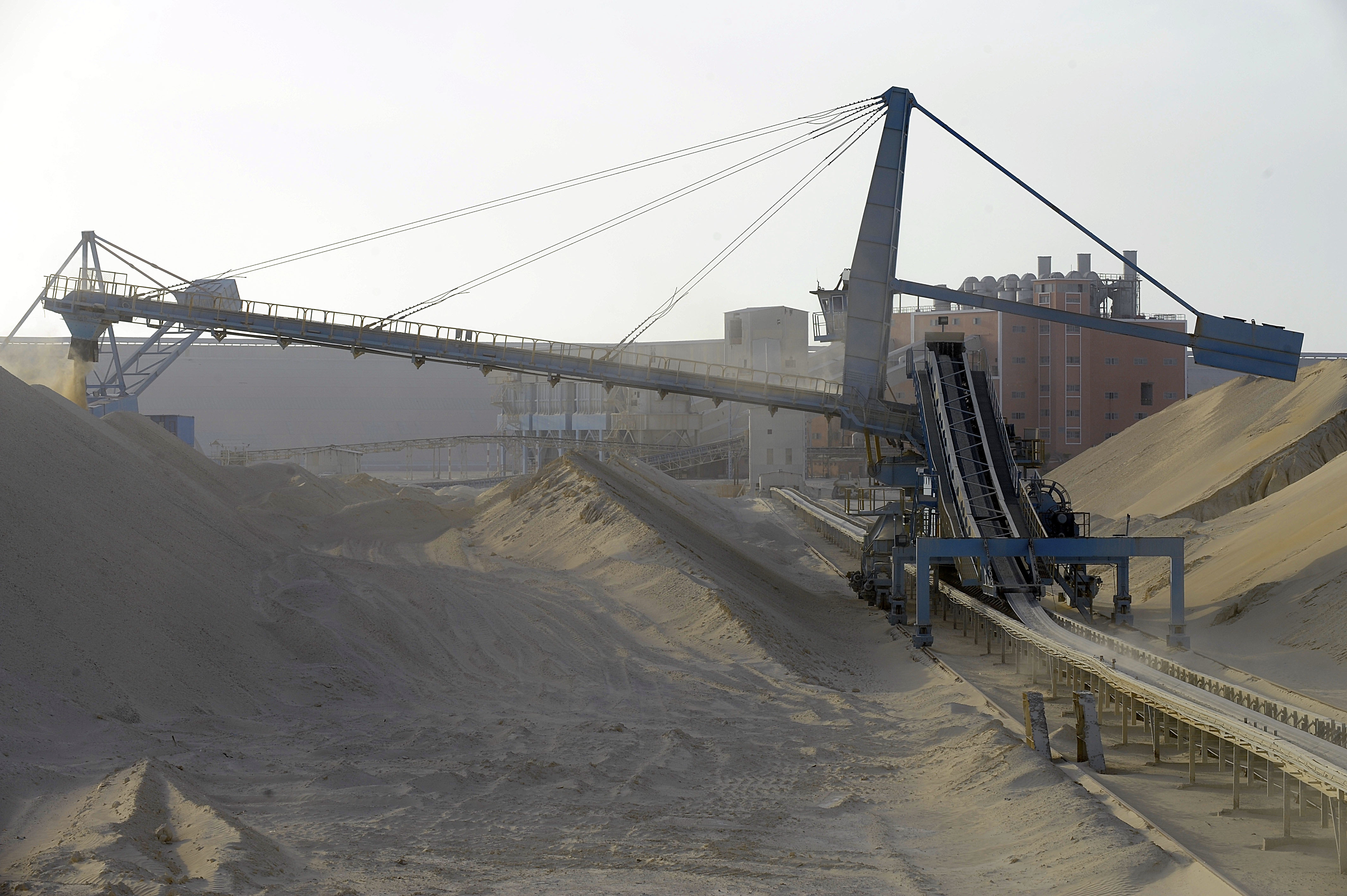OCP GROUP, Morocco’s leading company and a major exporter of phosphates, has secured a 7-year US$350 million term loan facility from African Export-Import Bank (Afreximbank), the Pan-African multilateral EXIM Bank, which is designed to support OCP Group’s expansion plans across Africa. Professor Benedict Oramah, President of Afreximbank, observed that through this partnership with a major player in the fertilizer industry and with a strong presence across Africa, Afreximbank was fulfilling its mandate of facilitating export development in the continent and promoting intra-African trade and investments. “This is an important transaction which supports the development of Africa’s agricultural capacity. OCP Group’s products, which are tailored to the needs of African farmers, will generate broad and deep improvements to the continent’s ability to compete in international agricultural markets,” said Oramah and added that “this facility also has symbolic value, as it marks the beginning of a productive and close relationship between Afreximbank and OCP Group. We are delighted to announce this facility, as the first demonstration of the strong relationship the Bank enjoys with Morocco.”
ARAB POTASH COMPANY of Jordan in 2018 commissioned Bauer International FZE, a subsidiary of Bauer Spezialtiefbau GmbH, to build a 112,000 square metre cut-off wall over a length of 4.2km on one of the main dikes on the Dead Sea coast in Jordan where potassium salts are mined. Bauer International FZE has now announced that it has completed the construction of the 4.2 km-long cut-off wall surrounding an earth basin used for carnallite production. Potash salt is obtained in several earth basins with an area of 112 km2 at the southern end of the Dead Sea, in which the pumped salt water evaporates and the potash salt is left behind. The basins are located around 400 m below mean sea level and therefore at the lowest point on earth (above water). However, the dykes that surround the basins were becoming porous over time and needed to be repaired. Complicated logistics, mobilisation of specialist staff, harsh weather conditions, extremely salty environment and other factors made the construction more difficult. The subsoil presented a special challenge: due to the hard crystalline salt layers, two cutters had to be used instead of grabs to build the cut-off wall.
DANAKALI, an Australian resource company, looks into solar and wind to power its 100%-owned Colluli Sulphate of Potash (SoP) Project in Eritrea, East Africa. The company announced recently it had determined that both solar and wind energy are viable sources of power for its Colluli project. The Perth-based miner noted it continues to evaluate the potential use of renewable energy in its flagship project, with a view to becoming a zero carbon producer of SoP. Danakali will now work with Aggreko Plc, its power provider, to further develop solar and wind energy solutions. Since Colluli is located in one of the world’s most geothermally-endowed rifts, the Danakil depression in the East African Rift Valley, the company said it’s also studying the use of geothermal energy. “We are determined to embrace renewable energy and run our business in a way that delivers positive environmental impacts for Eritrea and the world,” Executive Chairman Seamus Cornelius said in a media statement.




